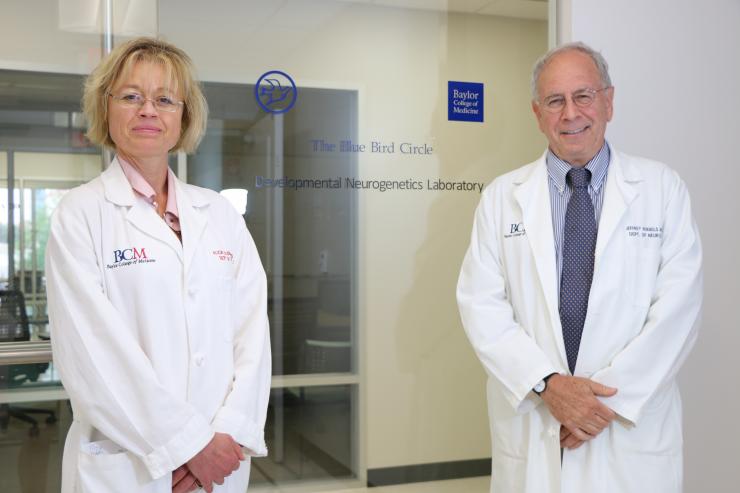What Is SUDEP?

SUDEP is an unexpected death from epilepsy in a person who was in otherwise good health. It is not caused by seizure-related injury or drowning. At autopsy, no cause for death can be identified. It affects young people disproportionately, and a recent study found that only stroke is responsible for more years of productive life lost among neurological diseases.
Dr. Goldman is a neurologist and specialist in the field of epilepsy. She and her colleagues at the Department of Neurology, Baylor College of Medicine, are conducting research to identify such genetic risk factors, with the ultimate goal of developing treatments and interventions that will prevent SUDEP.
In some cases seizure can trigger a cascade of cardiorespiratory events that result in death, clinical data indicate.Most frequently, SUDEP is not witnessed. It tends to occur at night and patients are frequently found lying facedown in bed. SUDEP has long been an understudied enigma. Our understanding of risk factors has been limited.
Sudden unexpected death in epilepsy is the leading cause of death in patients with epilepsy. In fact, it has been estimated that a person with poorly controlled epilepsy has about a 35% lifetime risk of dying from SUDEP.
Even so, SUDEP remains poorly understood and therefore difficult to treat. There has been a surprising lack of awareness of SUDEP among epilepsy patients and even their doctors, but that may be changing.
SUDEP is a catastrophic complication of epilepsy and its mechanism is not fully understood. There is evidence that genetic risk factors may predispose an individual to epilepsy and to SUDEP.
Study Recruitment
If your loved one has died as a result of their seizure disorder, you can help these investigators by consenting to the transfer of a blood sample or small piece of fresh/frozen tissue from the coroner to the study. There is no cost to you.
Dr. Goldman and her colleagues very much appreciate your consideration of their research. Your support of their efforts is extremely important. It is a contribution towards a better understanding of epilepsy and towards the future design of preventative strategies that will, hopefully, eliminate unnecessary loss of lives due to SUDEP.
The STOP SUDEP RESEARCH PROGRAM has three components:
1. SUDEP case repository
2. Brain and postmortem tissue banking
3. Molecular research on SUDEP mechanisms and risk factors








